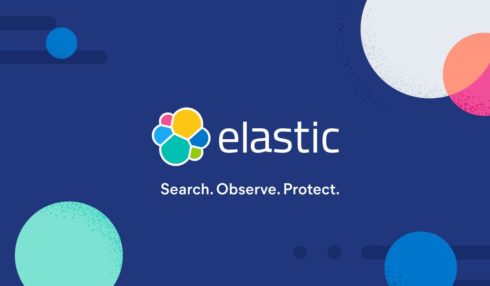
Elastic is the latest company changing its software licensing model to protect its open-source code from cloud providers. The company announced its Apache 2.0-licensed source code in Elasticsearch and Kibana will now be moving to a dual license under the Server Side Public License (SSPL) and the Elastic License. This means users can choose which license is best for them, and can have access to use, modify, redistribute and collaborate on code.
Elastic founder and CEO Shay Banon explained while this change will most likely have little to zero effort on its user community, cloud customers or self-managed software customers, he felt the change was necessary.
RELATED CONTENT:
New software licenses aim to protect against cloud providers
Making open source work for you and your business
“So why the change? AWS and Amazon Elasticsearch Service. They have been doing things that we think are just NOT OK since 2015 and it has only gotten worse. If we don’t stand up to them now, as a successful company and leader in the market, who will?” Banon wrote in a post. “Our license change is aimed at preventing companies from taking our Elasticsearch and Kibana products and providing them directly as a service without collaborating with us. Our license change comes after years of what we believe to be Amazon/AWS misleading and confusing the community – enough is enough.”
Elastic joins a number of other companies who have had similar sentiments towards Amazon as of lately. The SSPL that Elastic is switching to was created in 2018 by database company MongoDB. “This should be a time of incredible opportunity for open source. The revenue generated by a service can be a great source of funding for open source projects, far greater than what has historically been available. The reality, however, is that once an open source project becomes interesting, it is too easy for large cloud vendors to capture most of the value while contributing little or nothing back to the community,” Eliot Horowitz, CTO and co-founder of MongoDB, wrote at the time of its announcement.
According to Banon, SSPL will provide users with free and unrestricted use and modification as long as they don’t provide the product as a service. Companies that provide the software as a service must release their management software back as free and open code under the SSPL.
The Elastic License was also first introduced in 2018 when the company changed its default distribution to include all features. Banon explained this has allowed users to continue to engage with customers in the open and build free features without other companies like Amazon profiting off them without contributing back.
“While each open source company has taken a slightly different approach to address this issue, they have generally modified their open source license in order to protect their investment in free software, while trying to preserve the principles of openness, transparency, and collaboration. Similarly, we are taking the natural next step of making a targeted change to how we license our source code,” Banon wrote.
The license changes are expected to start with the upcoming release of Elastic 7.11. More information is available here.





